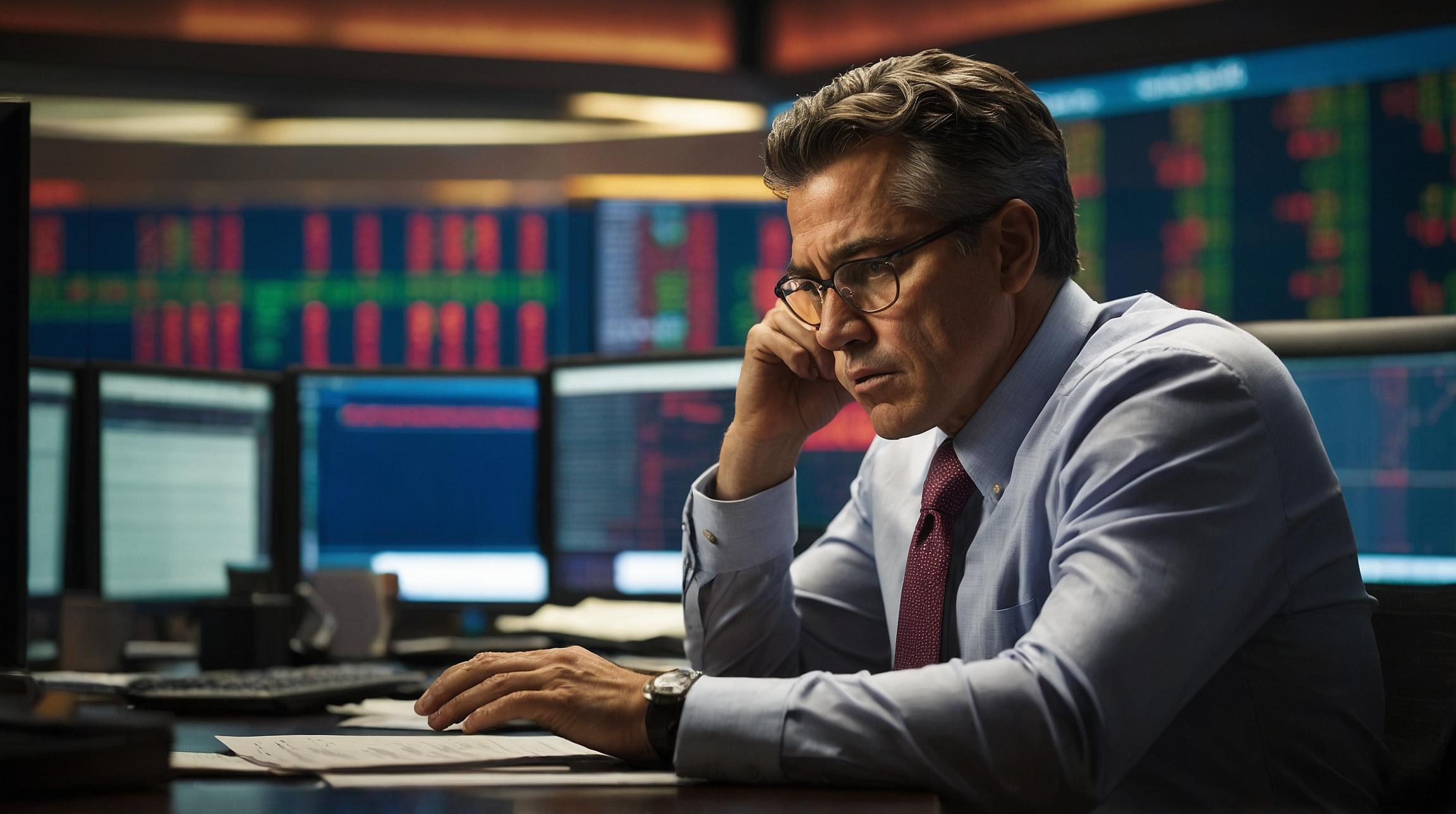Countdown Capital: A Prominent Venture Capital Firm Shuts Down
The entrepreneurial landscape is ever-evolving, with startups forming and dissolving rapidly. In this dynamic environment, the recent shutdown of Countdown Capital, an early-stage venture capital firm led by Indian-origin entrepreneur Jai Malik, is a significant development. The firm will reportedly shut operations by the end of March, returning uninvested capital to its investors. This decision highlights the challenges facing early-stage tech funds and raises important questions about the future of venture capital.
Factors Behind Countdown Capital’s Closure: An Inside Look
The decision to shut down Countdown Capital was primarily driven by two factors. Firstly, the firm’s founder, Jai Malik, stated that funding industrial startups was not inefficient enough to justify the existence of the firm. Secondly, Malik expressed the belief that larger, multi-stage venture firms are better positioned to generate strong returns on the most valuable industrial startups.
Countdown Capital’s focus was on ‘hard tech’ industrial startups, particularly those in the aerospace and defence sectors. Some of its prominent investments include satellite bus developer K2 Space, machining startup Hadrian, and cybersecurity company Galvanick. However, despite these investments, the firm faced challenges in generating strong returns.
The Impact of Countdown Capital’s Shutdown on the VC Landscape
The closure of Countdown Capital sheds light on the difficulties faced by early-stage hard tech funds. The firm’s decision to shut down underscores the increasing dominance of large, multi-stage venture capital firms in the hard tech industrial startup space. These larger firms have the competitive advantage and access to top-performing industrial startups, making it difficult for smaller, specialist funds like Countdown Capital to compete effectively.
Furthermore, the closure of Countdown Capital raises broader questions about the viability of small, specialist funds. According to Malik, small, early-stage funds, especially those focused on specific sectors, may struggle to exploit opportunities profitably in the future.
Lessons for Startups: Adapting to the Changing Investment Landscape
For startups, the shutdown of Countdown Capital is a reminder of the changing investment landscape. It indicates a trend towards larger, multi-stage venture firms which are increasingly becoming the preferred avenue for investment in the industrial startup space. Startups, therefore, need to adapt to this shift and shape their fundraising strategies accordingly.
The Uncertain Future of Venture Capital: Opportunities and Challenges
While the shutdown of Countdown Capital may seem like a setback, it could also serve as a wake-up call for the venture capital industry. It emphasizes the need for a reevaluation of funding models and strategies, especially for early-stage hard tech startups. It might be an indication that the future of the space favors larger firms, but it also opens up a conversation about how smaller, specialist funds can find their niche and thrive.
Ultimately, the future of venture capital is uncertain, and the shutdown of Countdown Capital is a testament to that uncertainty. However, as the industry continues to evolve, it provides a valuable opportunity for startups, investors, and venture capital firms alike to reassess, adapt, and innovate.
Analyst comment
Negative News:
The closure of Countdown Capital, a prominent venture capital firm, highlights the challenges faced by early-stage hard tech funds and raises questions about the viability of small, specialist funds. Larger, multi-stage venture capital firms are dominating the industrial startup space, making it difficult for smaller funds to compete effectively.
Less than 300 characters as an analyst:
Countdown Capital’s closure demonstrates the increasing dominance of larger venture firms in the hard tech sector. Smaller funds may struggle to compete, forcing startups to adapt to the changing investment landscape. The future of venture capital remains uncertain, prompting a need for reevaluation and innovation.













